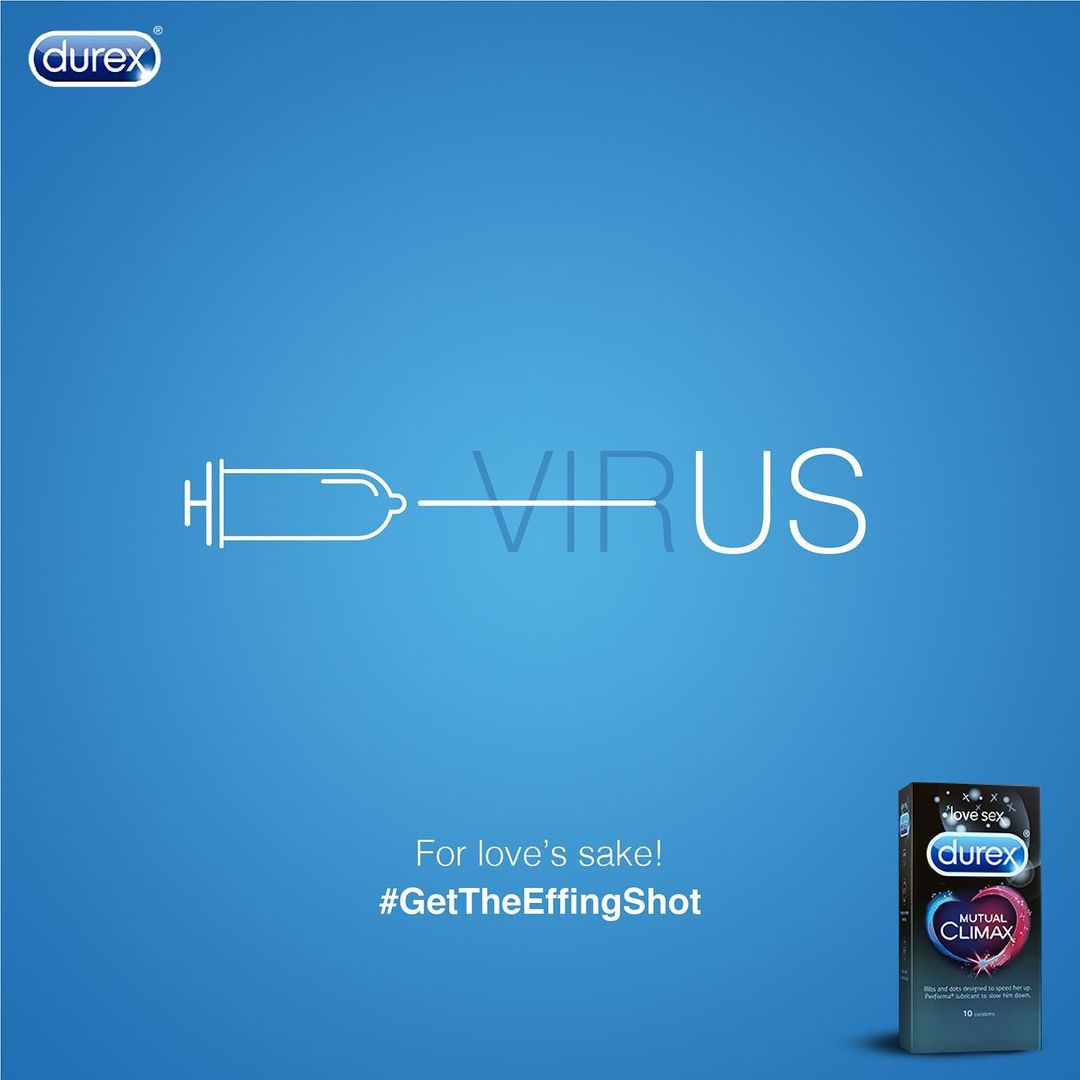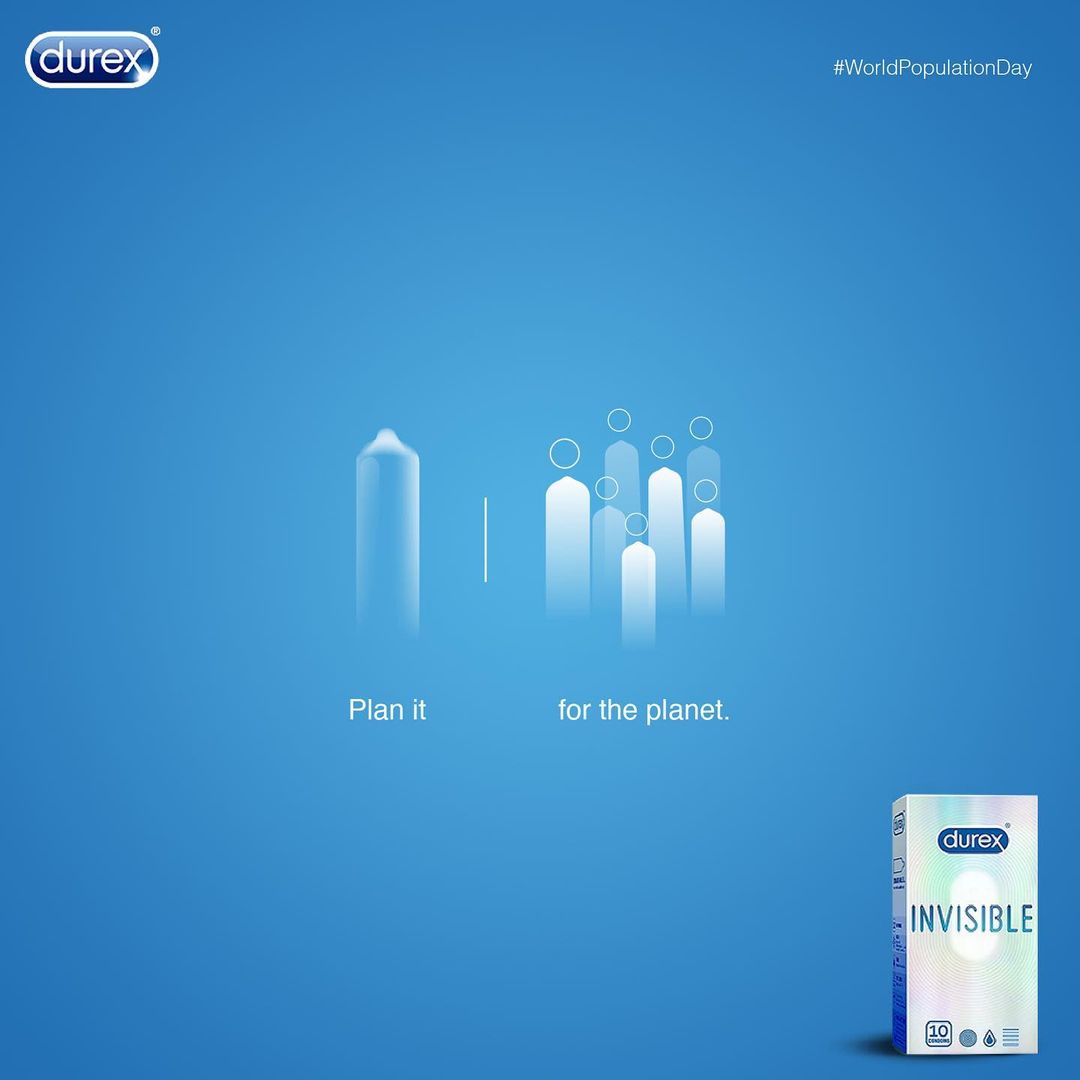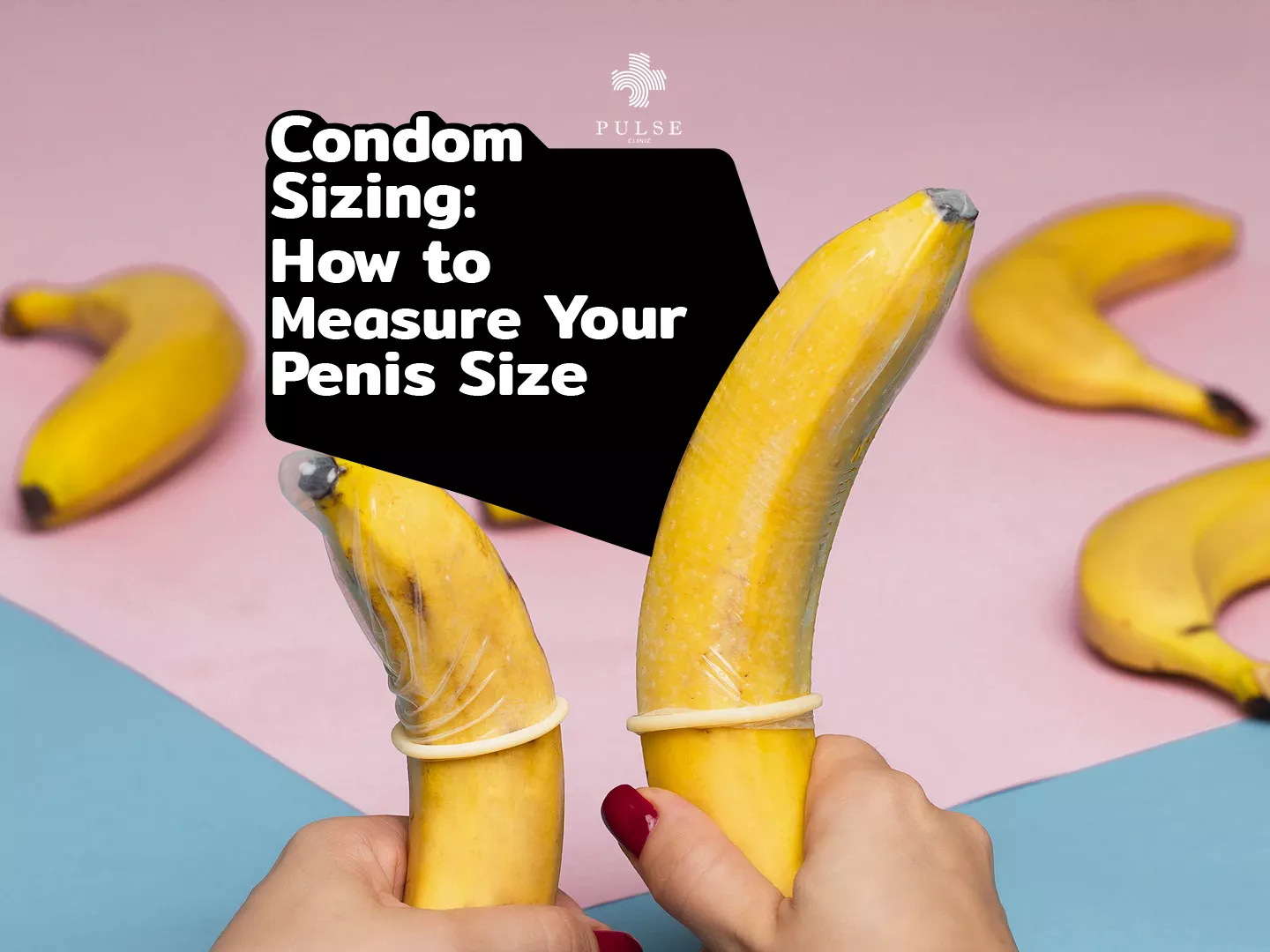How Can I Tell If the Condom is Leaking?
13094
Condoms shouldn't break easily. Learn more about why yours might and how to prevent it! This guide ensures worry-free condom use.

Condom Leakage
When discussing condoms, one common concern is the risk of leakage. If you're already using condoms, you're likely aware of the risk of STIs. However, in reality, condom leakage is less likely to occur than you might think. Condoms are considered medical devices, subject to rigorous quality control by manufacturers and regulatory authorities. Leakage is usually the result of improper storage, such as keeping condoms in a hot place, under direct sunlight, or using sharp objects to open the package.
If a condom breaks, don’t panic! You can reduce the risk of HIV transmission by taking emergency PEP (HIV Post-Exposure Prophylaxis) within 72 hours (three days) of the incident.
Contact us at info.bkk@pulse-clinic.com or chat on your preferred platform:
![]() +66 65 237 1936
+66 65 237 1936  @PULSEClinic
@PULSEClinic ![]() PulseClinic
PulseClinic
How Can I Tell If the Condom is Leaking?
Before Use: Condoms have a small pouch at the top. When you squeeze the pouch, it should return to its original shape when released. If the pouch doesn’t return to its shape, it might indicate that the condom has a leak. You should also squeeze the pouch while putting on the condom to release any trapped air. Doing so can help reduce the chances of the condom breaking, as air bubbles can make the condom more fragile.
After Use: You can check for leaks by filling the used condom with water after sexual activity. If no water leaks out, the condom is likely intact, meaning you're safe. Here are a few tips to ensure you’re using condoms effectively:
- Choose the right size: Condoms that are too tight or too loose can increase the risk of failure, either by breaking or slipping off. Tight condoms are also uncomfortable and more prone to leakage.
- Check expiration dates: Always discard expired condoms, as they can deteriorate and become less effective, increasing the risk of leaks and breakage.
- Be careful when opening the package: Avoid using sharp objects or your nails, which can puncture the condom.
- Put on the condom when fully erect: This reduces the chance of the condom slipping off during intercourse. Putting it on while fully erect can help prevent this issue.
- Squeeze the pouch before sex: While rolling the condom down to the base of your penis, squeeze the pouch to remove any trapped air. This can help prevent bursting.
- Remove the condom carefully after sex: Do this before your penis becomes soft. Point the tip downward to avoid spills, and slowly pull the condom off from the base. Dispose of it by wrapping it in tissue and placing it in a garbage can. You should see semen in the reservoir tip; if not, there could be a leak. Check by filling the condom with water. If water leaks out, there might be a tear or puncture.
Proper condom use helps protect against unwanted pregnancy, HIV infection, and other STIs.
Common Reasons for Condom Leakage
If your condoms frequently fail, there might be underlying reasons, either related to how you handle them or the condom itself:
- Incorrect size: Some men use condoms that are too small, leaving no room for semen after ejaculation. Choose the right size to avoid this issue. Here is how you can choose the right size of condom.
- Expired condoms: Older condoms may not work effectively, making them more prone to breaking. It’s best to throw them away, as new condoms are far cheaper than dealing with potential consequences.
- Improper storage: Condoms should be kept away from heat and sunlight, as these conditions can affect their effectiveness. Avoid storing condoms in your car or wallet.
- Small tears: These can be too small to notice but can still cause the condom to break. Tears usually occur when opening the wrapper with teeth or touching the condom with nails.
- Oil-based lube: Oil-based lubricants can weaken condoms, making them more likely to break. Avoid using baby oil, oil-based lube, or vegetable oil with condoms.
- Not enough lube: Insufficient lubrication can cause excessive friction and breakage. Consider using water-based or silicone-based lube, especially during anal sex, to reduce friction and make the experience more comfortable.
Add us on Line and stay in touch.
Things to Keep in Mind When Using Condoms
- Choose the right size—neither too big nor too small.
- Be careful when opening the wrapper. Avoid using scissors or teeth.
- Handle the condom gently, avoiding contact with nails.
- Inspect the condom before use. If you notice any tears, discard it.
- Do not use expired condoms; always check the label before use.
- Use the condom only once; never reuse it.
- Use only one condom at a time; using more than one can cause friction and breakage.
- Store condoms away from sunlight and heat, as these conditions can dry out and deteriorate the latex.
- Do not use lotion, oil, or oil-based lube with condoms; stick to water-based or silicone-based lubricants.
- Avoid storing condoms in your wallet, as sitting on them or bending them can wear them out, increasing the risk of breakage.
- If a condom breaks during sex, stop immediately and put on a new one. Here are things you should if your condom broke while having sex, or you notice the condom is leaking after sex.
Condoms are a really good way to help prevent STIs and unwanted pregnancies. However, condoms are not perfect. If you are sexually active, there are a few more things you can do alongside using condoms to help protect yourself from STIs. Contact PULSE Clinic today to discuss your risk and learn more about what you can do to stay STI-free. Don’t hesitate—visit a PULSE Clinic near you today!
Contact us at info.bkk@pulse-clinic.com or chat on your preferred platform:
![]() +66 65 237 1936
+66 65 237 1936  @PULSEClinic
@PULSEClinic ![]() PulseClinic
PulseClinic



Trust PULSE CLINIC to take care of your health like other 45000 people from over 130 countries. We provide discreet professional service with high privacy. Here to help, not to judge.
Loading...
Clinic Locations
Loading...






















